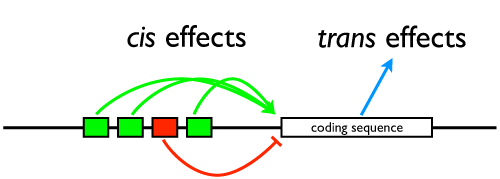Uh-oh, we’re everywhere. On 4 May, you’ll find Greta Christina, Matt Dillahunty, and me at the Freethought Alliance Annual Conference in Anaheim … there will be some other speakers there, but you know us — we shall assimilate everything.
Come join us. We need more brains to absorb.





